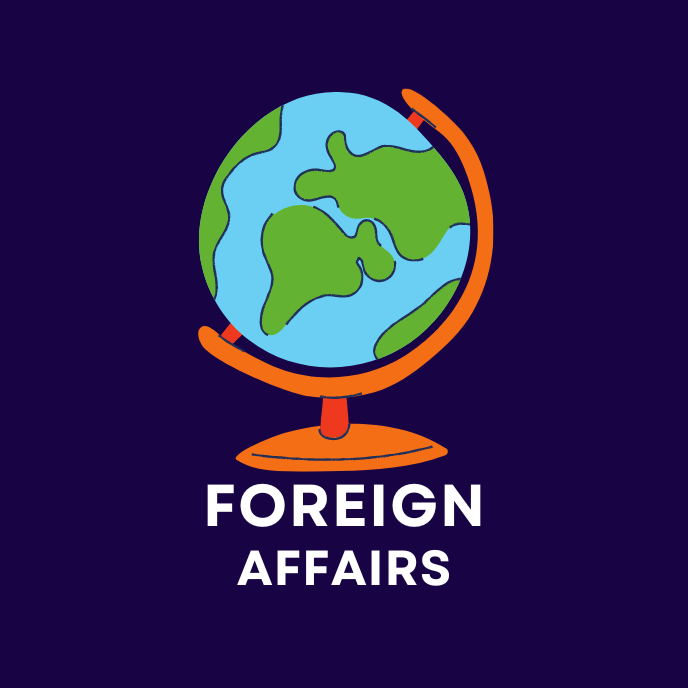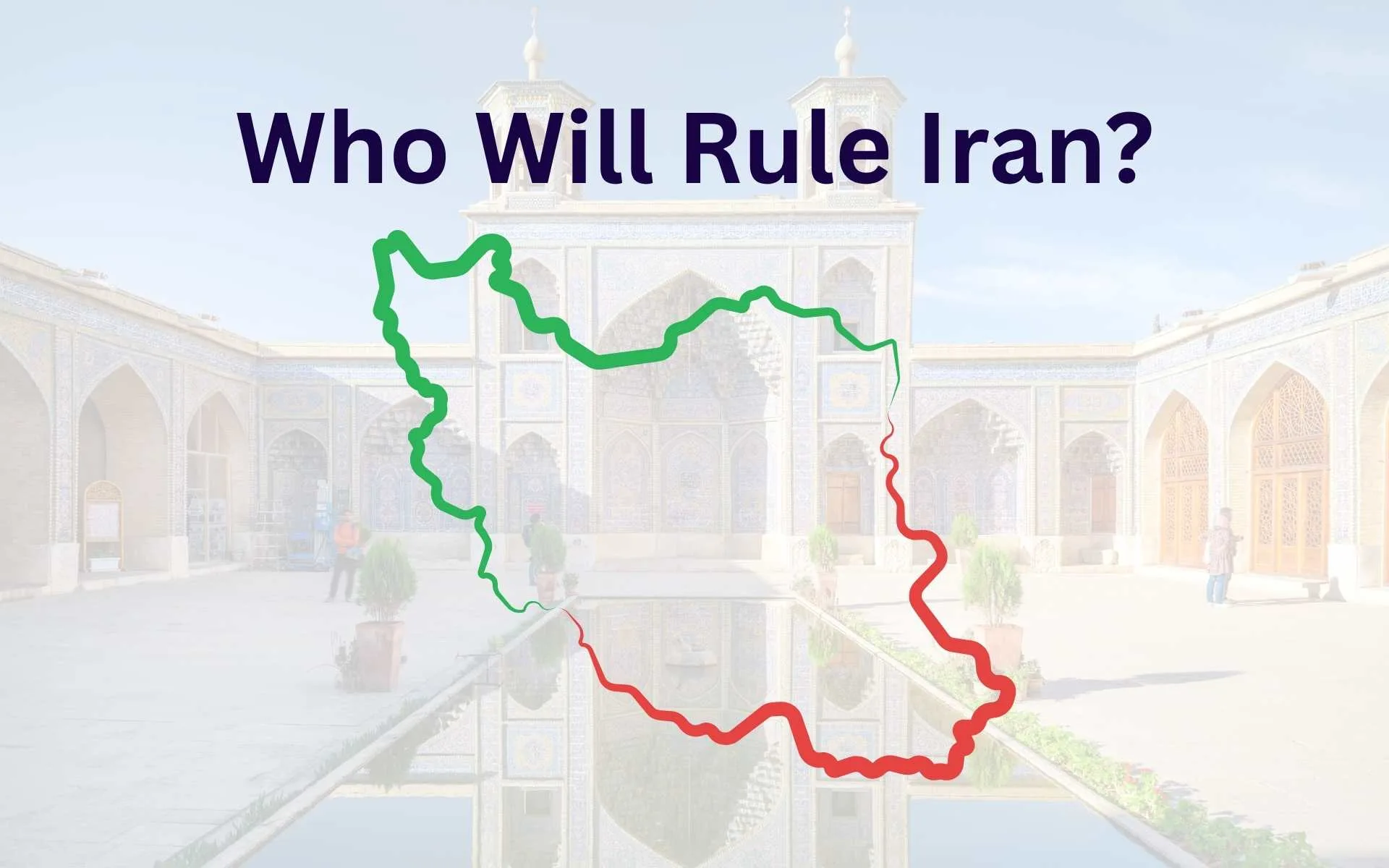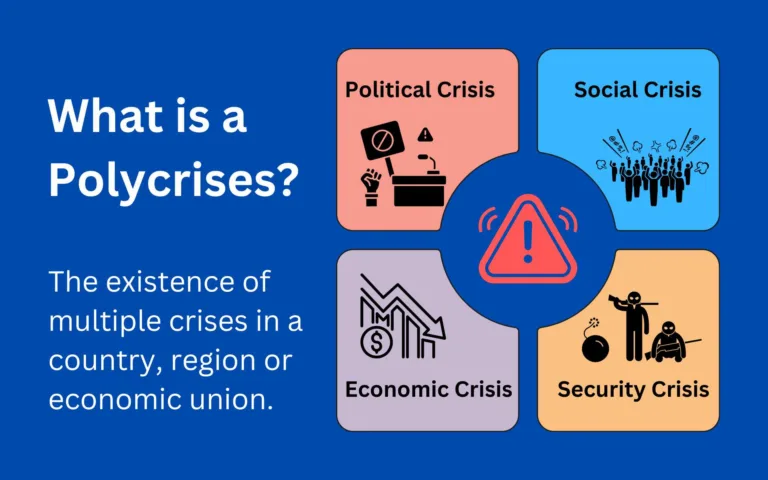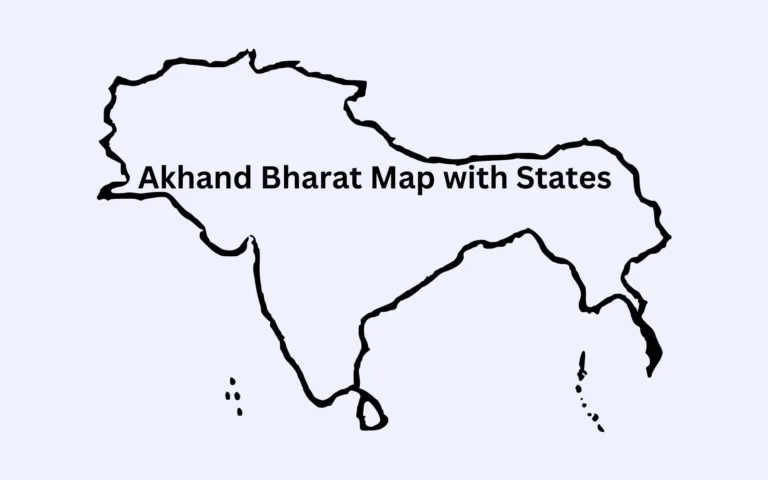Despite the recent escalations between Iran and Israel because of the former’s nuclear weapons program and support to anti-Israel terror groups, the conflict between Iran and Israel (with US aid) did not result in a complete removal of Ayatollah Khamenei or the theocratic regime in the country, despite a strong demand from Israel to topple the current regime.
Though there are several reasons for not conducting a regime change by force, there is one strong reason that emerges more reasonable than the others. US-led arms export market in the Gulf Region.
Table of Contents
US Arms Exports to the Gulf Countries
Many countries in the Persian Gulf including Saudi Arabia, UAE, Bahrain, Qatar and to a less extent Oman relies heavily on US-supplied arms for their militaries, navies and air forces. These arms also play a crucial role in anti-piracy operations in the Red Sea and the Persian Gulf. They also act as a strong deterrence against pirates and rebels in the region like Somali Pirates, Houthis, and other splinter groups.
The elimination of Iran’s current regime would lead to a lesser extent of US arms imports in countries like UAE and the Saudi Arabia, which have been in the middle of a Shia-Sunni cold war. This would create a dent in the annual US arms export. The US arms exporter lobby is one of the most powerful lobbies in the USA with entities like Lockheed Martin, Northrup Grumman, and several others.
Further, the need for US bases in the region will also come into question, with an additional question being raised on US’s $1 trillion defense budget. The US defense budget has been criticized as a waste of taxpayers money by several concerned groups in the USA including the Republican Party.
Redistribution of Power with New Iran
With the current regime’s threat gone, there would be no potential for a future war in the region and a new democratic (or Imperial) Iran would likely have deeper relations with other major countries in the region. As a result, there would be a redistribution of power resulting in the emergence of a new Gulf-based economic union (or enlargement of GCC).
This new entity could bargain well with the US creating problems for the latter’s need on high crude oil prices. The US needs high crude oil prices in the world to impact power hungry nations like India and China which it sees as emerging rivals. Further, low oil prices would impair the much touted “Environmental Efforts” of the US and EU nations.
Further, in the future it would be difficult to impose US will over Iran because the latter too would not be much dependent on USA for the survival of its regime.
US Could Lose Influence Over GCC Member States
The US has been exercising influence over Saudi Arabia and UAE because of their dependence on US against Iran. This dependence would end once Iran gets a new regime. It is because of this dependence, Saudi Arabia has not been able to de-dollarize its economy despite attempts to do it through its trade with India and China.
A Saudi Arabia which is free from threats would prioritize its economic needs over security.




